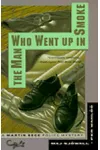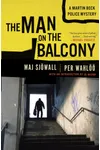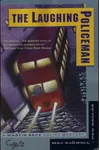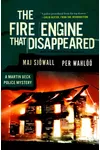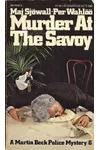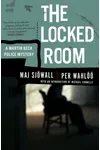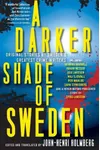Picture a Swedish storyteller who turned crime fiction into a mirror of society—meet Maj Sjöwall! Alongside her husband Per Wahlöö, she crafted the Martin Beck series, a ten-novel saga that blended gritty police work with sharp social critique. Their work didn’t just thrill readers; it sparked the Nordic Noir revolution, making Sjöwall a literary legend.
Born in Stockholm in 1935, Maj Sjöwall’s journey to crime fiction fame was anything but ordinary. With a knack for storytelling and a passion for exposing societal flaws, she teamed up with Wahlöö to redefine a genre. Their collaboration produced stories that feel as real today as they did in the 1960s.
The Making of Maj Sjöwall
Maj Sjöwall grew up in a vibrant Stockholm, where her early career as a journalist and translator honed her sharp eye for detail. Meeting Per Wahlöö, a fellow writer and her future husband, was a turning point. Their shared love for literature and frustration with Sweden’s social issues fueled their ambition to write crime novels that did more than entertain—they aimed to provoke thought. By the mid-1960s, they launched their Martin Beck series, blending their talents to create something groundbreaking.
Maj Sjöwall’s Unforgettable Stories
The Martin Beck series, spanning 1965 to 1975, is Sjöwall and Wahlöö’s crown jewel. Their debut, Roseanna, introduced detective Martin Beck, a weary, relatable cop navigating a flawed world. The novel’s slow-burn pacing and psychological depth set it apart from typical thrillers. The Laughing Policeman, which won the prestigious Edgar Award in 1971, showcased their knack for blending humor with grim reality, following Beck’s team as they unravel a mass murder.
The Fire Engine That Disappeared leaned into their signature realism, with meticulous police procedurals that felt ripped from headlines. Their final novel, The Terrorists, tackled political extremism, cementing their legacy of fearless commentary. Sjöwall’s style—crisp, character-driven, and unflinchingly honest—made every case a lens on Sweden’s social underbelly, from inequality to corruption.
What made their work unique was its authenticity. Sjöwall and Wahlöö didn’t glorify detectives; they showed them as flawed humans grappling with bureaucracy and moral dilemmas. This grounded approach, paired with their progressive critique of welfare-state cracks, laid the groundwork for Nordic Noir’s global rise.
Why Maj Sjöwall Matters
Maj Sjöwall’s influence stretches far beyond her ten novels. The Martin Beck series inspired writers like Henning Mankell and Jo Nesbø, and its DNA runs through TV shows like The Bridge. By treating crime fiction as a vehicle for social commentary, Sjöwall and Wahlöö elevated the genre, proving it could be both thrilling and profound. After Wahlöö’s death in 1975, Sjöwall continued writing and translating, but her legacy rests on those transformative novels. When she passed in 2020, the literary world mourned a pioneer whose work still shapes how we see crime fiction.
- Born: September 25, 1935, Stockholm, Sweden
- Key Works: Roseanna, The Laughing Policeman, The Terrorists
- Awards: Edgar Award for The Laughing Policeman (1971)
- Genre: Crime Fiction, Nordic Noir
Snag Roseanna or The Laughing Policeman and dive into Maj Sjöwall’s thrilling, thought-provoking world of Nordic Noir!

